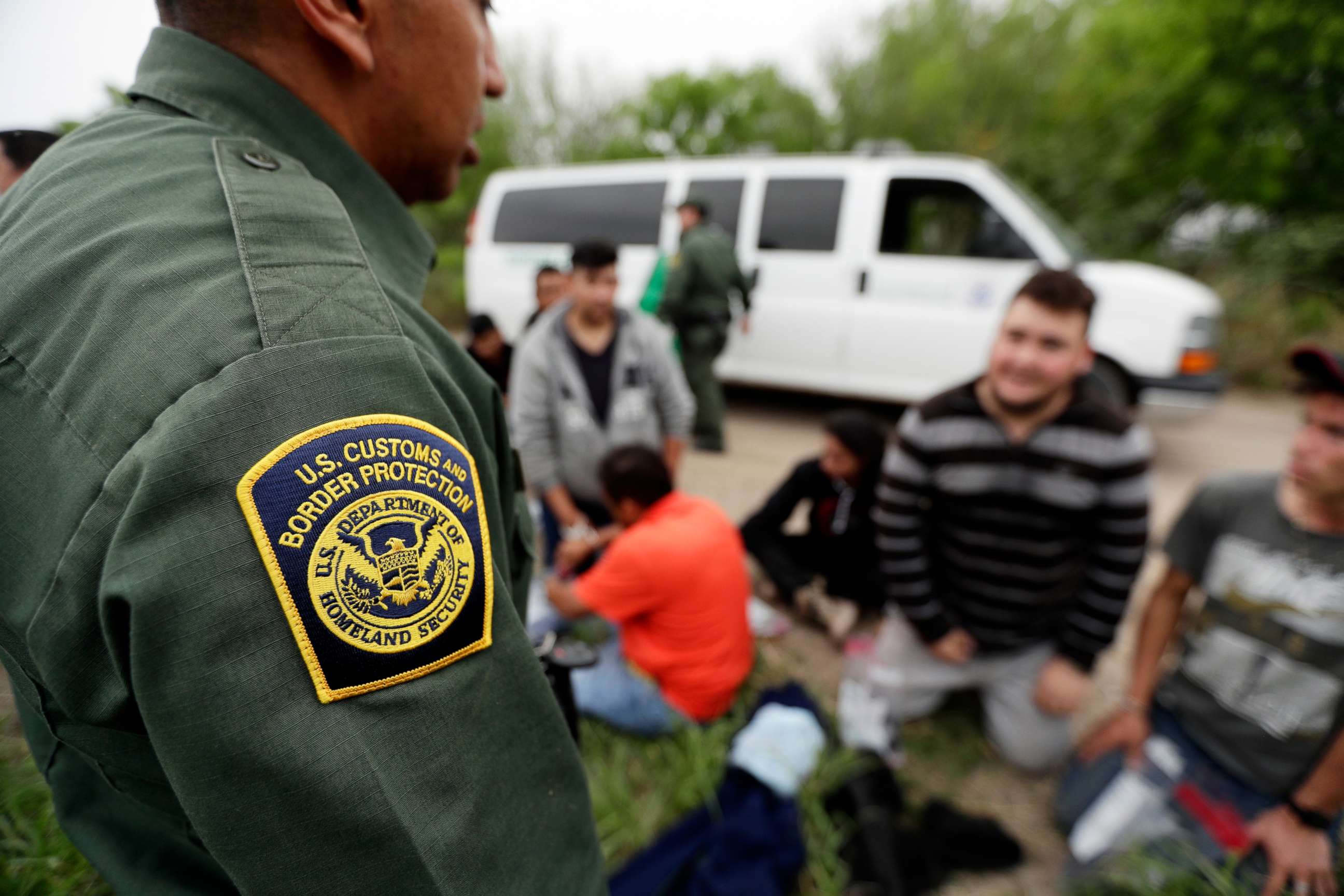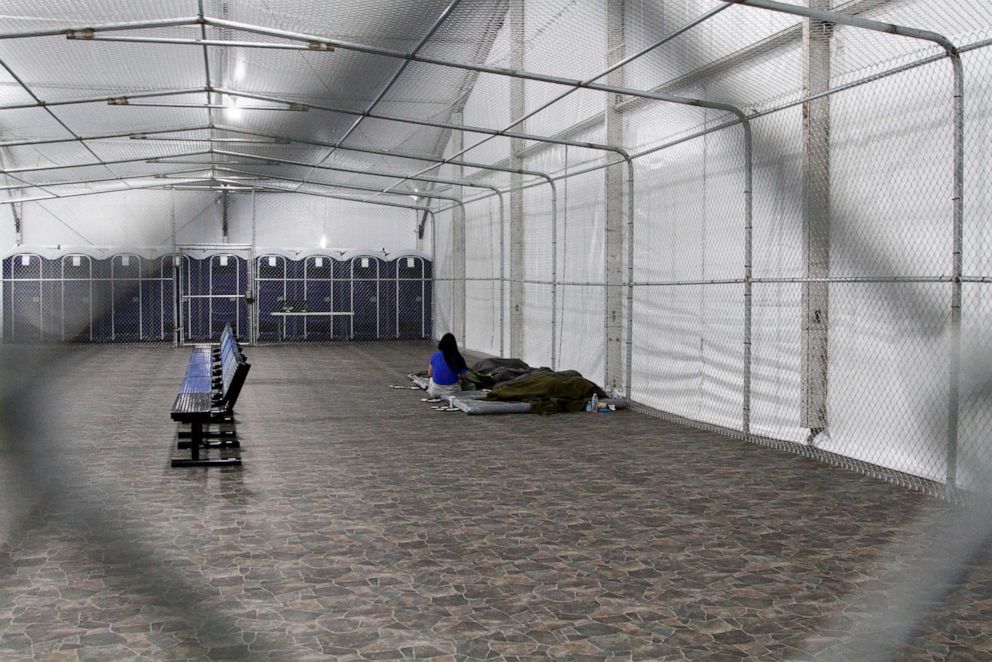Immigrant detention numbers decline as COVID-19 spikes and controversial border policies take hold
ICE said on Tuesday it was looking to expand detention alternatives.
After immigrant detention centers saw a spike in coronavirus cases, federal authorities have started reassessing protocols to release some detained immigrants most vulnerable to the disease.
The number of confirmed COVID-19 cases among detained immigrants has spiked from earlier in the week, according to the latest Immigration and Customs Enforcement data. A total of 61 detainees have tested positive as of late Friday, up from six cases confirmed on Monday. ICE also reported Friday that 19 detention center staff members have tested positive.
Two federal courts have ordered the Trump administration to provide updates on detention center conditions for children and families. The judge overseeing a long-standing legal challenge to detention center conditions instructed authorities last month to either release detained families or provide justification for holding them.
Tune into ABC at 1 p.m. ET and ABC News Live at 4 p.m. ET every weekday for special coverage of the novel coronavirus with the full ABC News team, including the latest news, context and analysis.
The virus has also delayed the resettlement of immigrant children waiting to be reunited with parents and family in Washington, California and New York, according to the Office of Refugee Resettlement. At least five of the roughly 3,100 unaccompanied migrant children held by the Office of Refugee Resettlement have tested positive.

Under a recent Trump administration public health directive that limits relief options for refugees, about 6,300 migrants were deported or “expelled” immediately after attempting to cross the southern border last month--as the numbers of coronavirus cases began to increase domestically in the U.S.
ICE booked 18,528 people into its custody in March, down from about 23,000 in a typical month. At the end of March, ICE was holding 35,671 detainees on an average day.
House Democrats on Friday questioned the legality of the recent removals and threatened to take action if the administration refuses to explain the legal grounds for removing people without the typical legal review.
“Our attempts to get answers have been stonewalled by bogus claims of privilege or the outrageous explanation that they’re still determining the rationale for a policy that’s already in place,” Congressmen Eliot Engel, Bennie Thompson and Jerrold Nadler said in a joint statement.

About half of all immigrants currently in detention were arrested near the border or at a port of entry, according to ICE data. But those numbers are expected to decline as fewer migrants attempt to cross the southern border and authorities work to quickly return those without proper documentation.
What to know about coronavirus:
- How it started and how to protect yourself: Coronavirus explained
- What to do if you have symptoms: Coronavirus symptoms
- Tracking the spread in the U.S. and worldwide: Coronavirus map
As the number of people held in immigration detention centers declines, ICE said on Tuesday it was looking to expand detention alternatives, including ankle monitoring and bonded release. So far ICE has released 160 detainees under the new protocols and identified as many as 600 more who were determined to be especially vulnerable to the disease, according to an ICE official.
Prior to the announced shift in detention practices, lawyers with the American Civil Liberties Union pursued lawsuits in 13 states seeking the release of high-risk detainees.
“Immigrant detention is a death sentence for people who are at high risk due to age or underlying medical conditions,” said Eunice Cho, a senior attorney with the ACLU. “It is absolutely unconscionable that we would keep people detained under these conditions.”